Benefits of Water Softeners
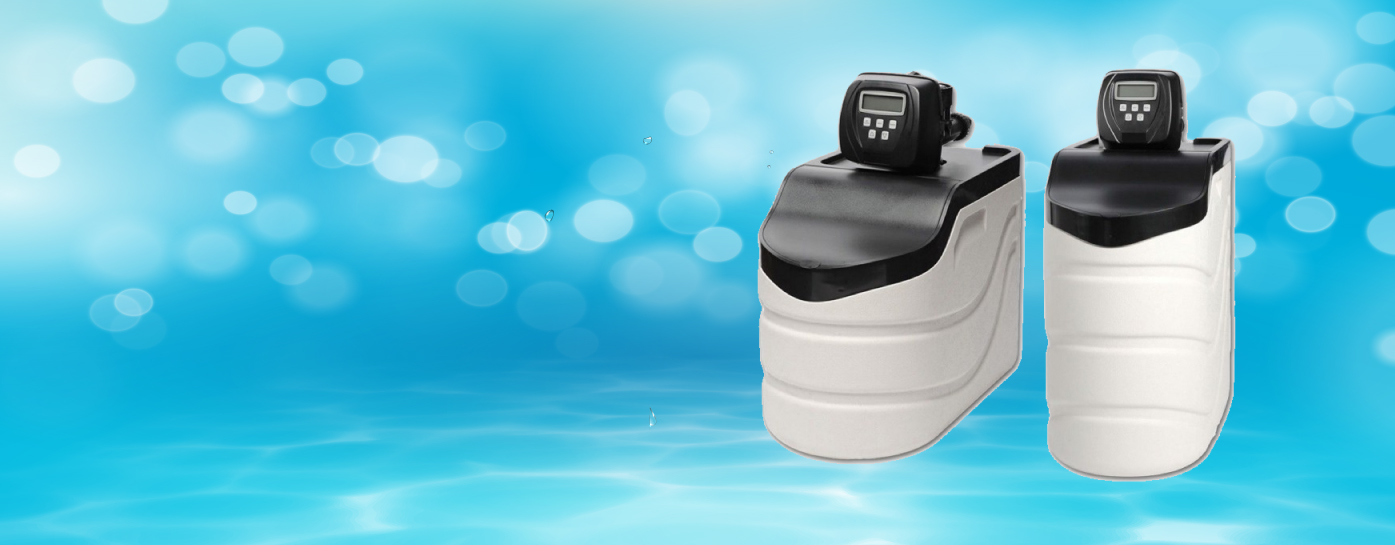
Around 60% of the UK is classed as having hard water, which equates to around 15 million homes.
Hard water has a high number of dissolved minerals, predominantly magnesium and calcium, which can cause problems including the build-up of scale in appliances, boilers and pipes plus dry skin after showering and bathing, preventing soap from lathering on your skin and faded laundry.
Water softeners work by removing the minerals that cause the hardness using a process called ion-exchange.
A water softener does offer significant benefits and can save you money by increasing the lifespan of home appliances, reducing energy costs, and saving you money on soap, detergent, and other cleaning products.
Here are some hard facts about water softening and reasons why people who live in hard water areas should invest in a water softener:
1. Improve the efficiency of your central heating system and save on energy bills
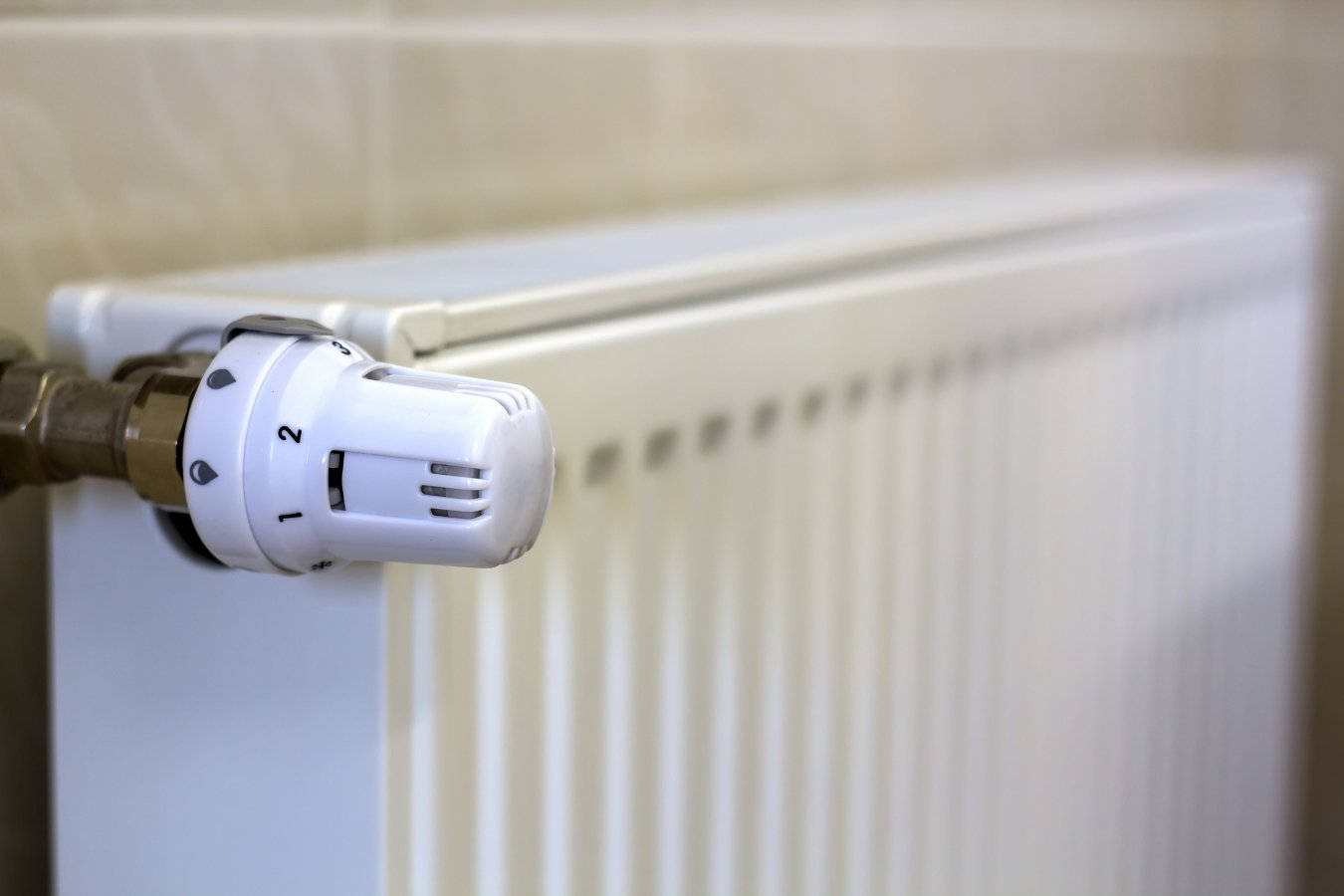 Hard water can wreak havoc on the efficiency of your central heating system, increasing your energy bills. Scum and scale deposits could lead to blockages which can cause damage to your boiler and scale prohibits the transfer of heat into the water which means it will take more time for your home to warm up than it should. These deposits are known to drastically reduce the efficiency of your boiler – in some cases as much as 50%. Even a small deposit of 1.6mm could be enough to cause heat efficiency loss of up to 12%!
Hard water can wreak havoc on the efficiency of your central heating system, increasing your energy bills. Scum and scale deposits could lead to blockages which can cause damage to your boiler and scale prohibits the transfer of heat into the water which means it will take more time for your home to warm up than it should. These deposits are known to drastically reduce the efficiency of your boiler – in some cases as much as 50%. Even a small deposit of 1.6mm could be enough to cause heat efficiency loss of up to 12%!
Aside from increasing your energy bills and making your heating system less efficient, limescale can cause serious damage to the entire structure. Internal working parts of your boiler that heat the water can become blocked, requiring more energy to work normally – something that eventually results in breakdowns and expensive repairs.
A water softener will help maintain the original efficiency of your boiler, preventing limescale build-up and saving you money on your energy bill.
A study by the Water Quality Research Foundation reveals softened water operated boilers maintain 100% efficiency over a simulated 15-year lifespan.
2. Protect your appliances such as dishwashers and washing machines
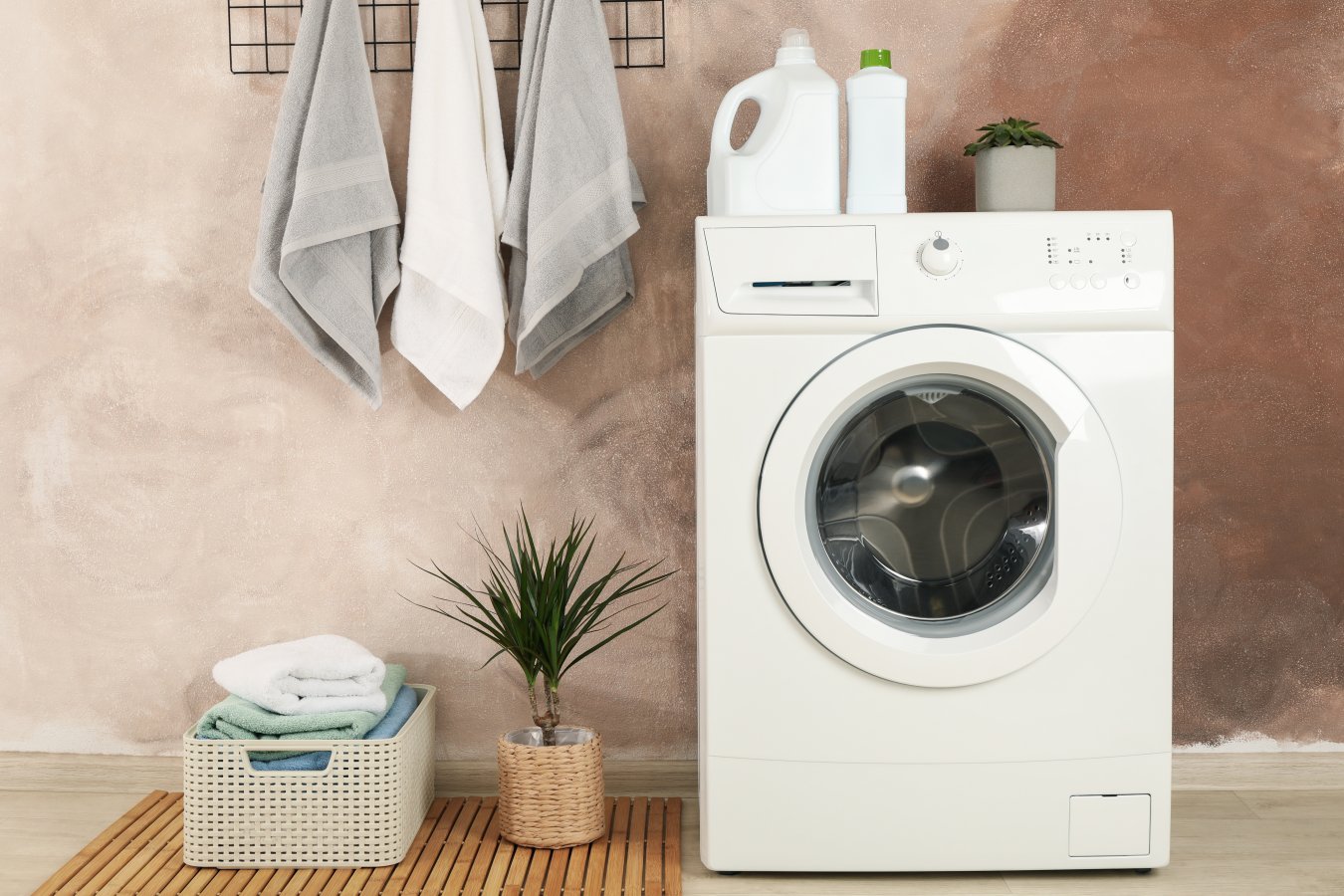
If you live in a hard water area and don’t have a water softener, you'll probably find you need to replace your kettle, washing machine and dishwasher fairly frequently. Hard water causes a build-up of limescale and scale which inhibits water flow and prevents the heating elements from working as efficiently. Running your washing machine on a softened water supply prevents limescale damage to your appliance and surrounding pipes, and reduces the build-up of soap scum in the drum, both of which are common problems in hard water areas.
Soft water will enhance performance, increase the lifespan and reduce the risk of appliance breakdown. Many householders in hard water areas use anti-scale tablets for their appliances; however, these are only short-term fixes for a symptom rather than a permanent solution to the problem.
3. Save money on soap, washing powder and other cleaning products
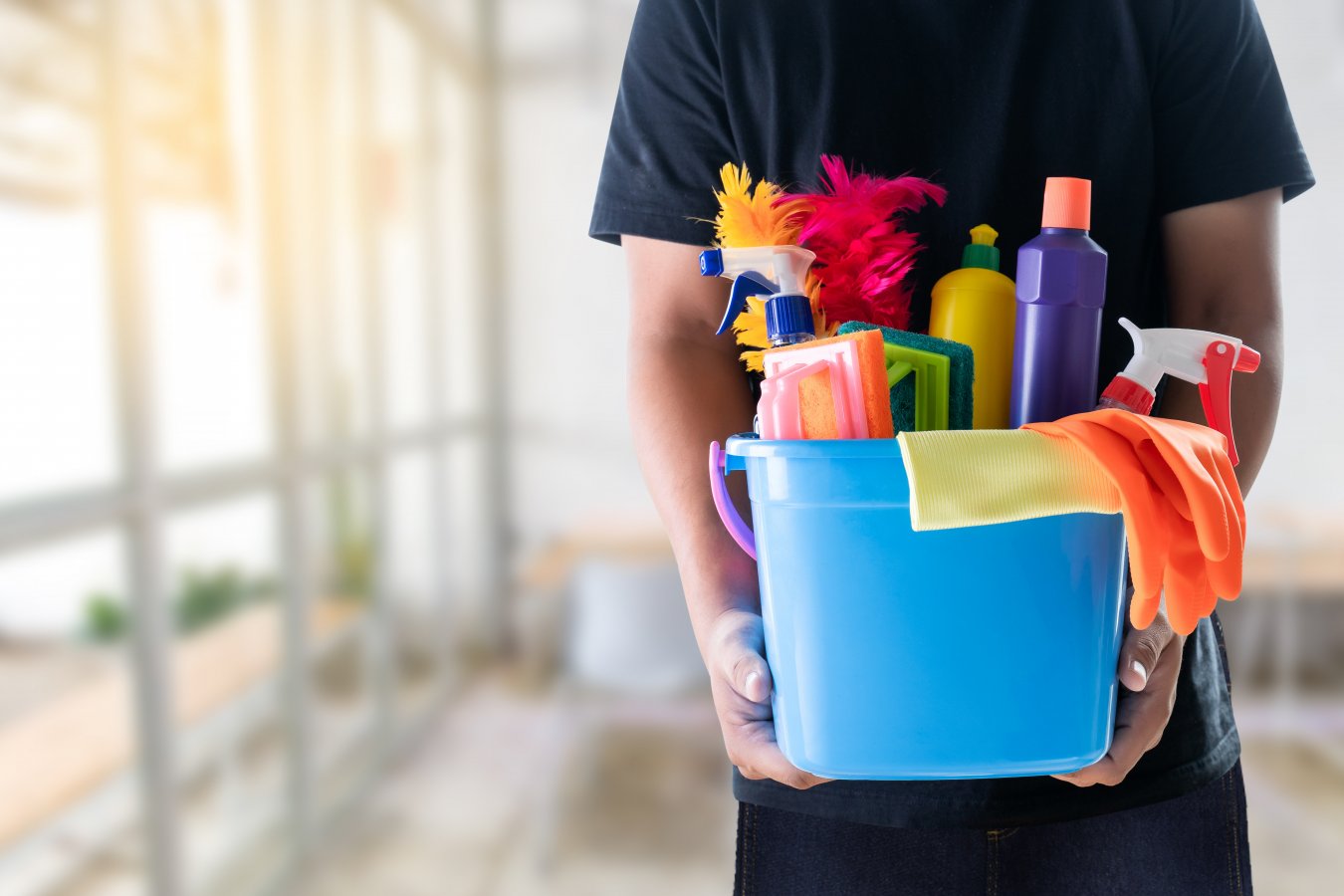
If you live in a hard water area, you probably find yourself buying quite a few specialised cleaning products. Not only do you need to buy limescale-fighting products for your washing machine and dishwasher, you also have to invest in tough cleaning products to tackle the soap scum and furry layers in your bathroom.
You’re also likely to be using more washing powder and shampoo than necessary because soaps and detergents aren’t as effective in hard water.
Instead of an invigorating shower or relaxing bath, you’re probably getting frustrated with bath products that don’t lather properly which means you could be using as much as 75% more product to get results.
Installing a water softener should make the experience of taking a shower or bathing much more pleasant while cutting the cost of bath and cleaning products from your shopping list.
4. Improve the condition of your skin and get relief from skin conditions

Research has shown that hard water can dry out your skin, triggering more serious conditions like eczema. The minerals in hard water, as well as the soap scum produced, absorb the natural oils and moisture in our skin, destroying its natural barrier and leaving it vulnerable.
Soap scum develops as a consequence of the reaction between soap and the minerals in hard water and is a potential irritant both when it comes in direct contact with a skin condition or when small particles remain on clothing washed in hard water.
The NHS lists hard water and detergent products as possible causes of irritant contact dermatitis.
Water softeners remove calcium and magnesium minerals from the water in your home, making it kinder to your skin. You’ll also need less soap and detergent which reduces the chance of irritation and ensures the water doesn’t remove precious moisture from sensitive skin.
5. Banish bad hair days

The minerals present in hard water combine with shampoos to create a grey scum instead of that satisfying lather that leaves your hair feeling soft and fresh. This sticky, pasty substance can leave a residue on your scalp and even sap moisture from your hair.
A water softener removes the calcium and magnesium minerals that cause this, leaving you with water that nurtures your hair instead of damaging it. Soft water will do wonders for hair care as there will be significantly less limescale deposits left behind after a wash, and due to less interaction between the minerals and the hair itself, hair will be left feeling a lot smoother and silkier.
6. Spend less time cleaning

Soft water increases the ease of dirt removal by as much as 50%, and it’s great for rinsing as it doesn’t leave a streaky residue. With hard water it is more difficult to produce an effective lather to remove dirt and stains, and on smooth surfaces the mineral deposits can produce a spotted appearance.
7. Laundry comes out brighter

Clothes, bed linen and towels washed in hard water often become rough and scratchy, losing their softness, and irritating your skin. Colours will usually fade faster than you expected with white turning to grey and new items looking old before their time. A water softener will help keep clothes feeling soft and looking their best for longer. It’s all down to soft water’s ability to mix effectively with soap and detergents to provide a gentler clean.
8. It’s better for cooking and making drinks

For the perfect cup of tea or coffee, soft water is usually considered superior to hard water. Soft water will greatly enhance flavours and aromas. When it comes to baking, hard water has a detrimental impact on the fermentation process when making bread which results in the dough not rising as well as it should. Soft water keeps the yeast count high enough to achieve that perfect doughy rise.
9. Reduce streaking and spotting when you wash your car or clean your windows
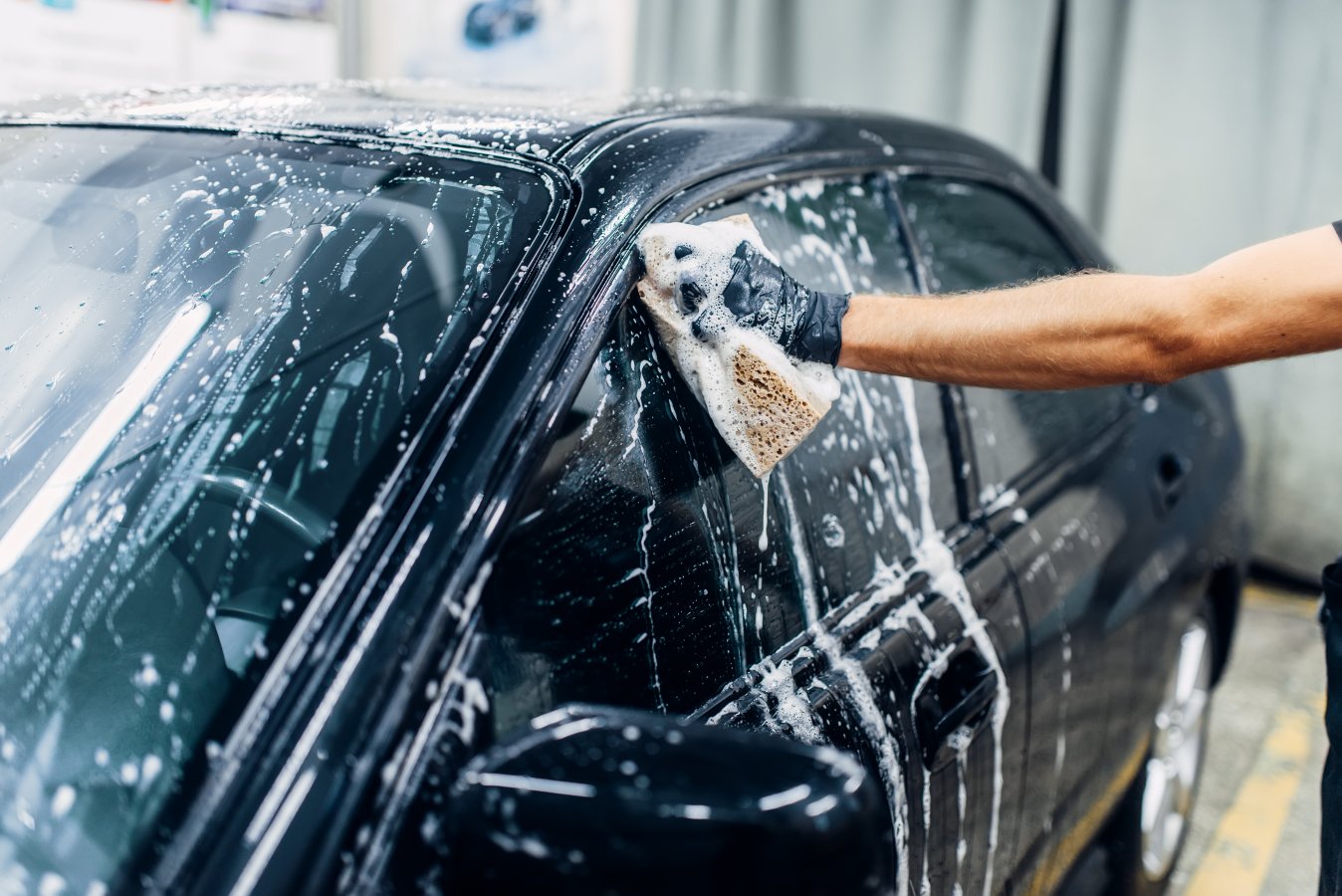
Hard water can leave a chalky residue after washing a car or cleaning your windows. Soft water does not carry any of the impurities, so leaves a much better finish.
10. Generally save money
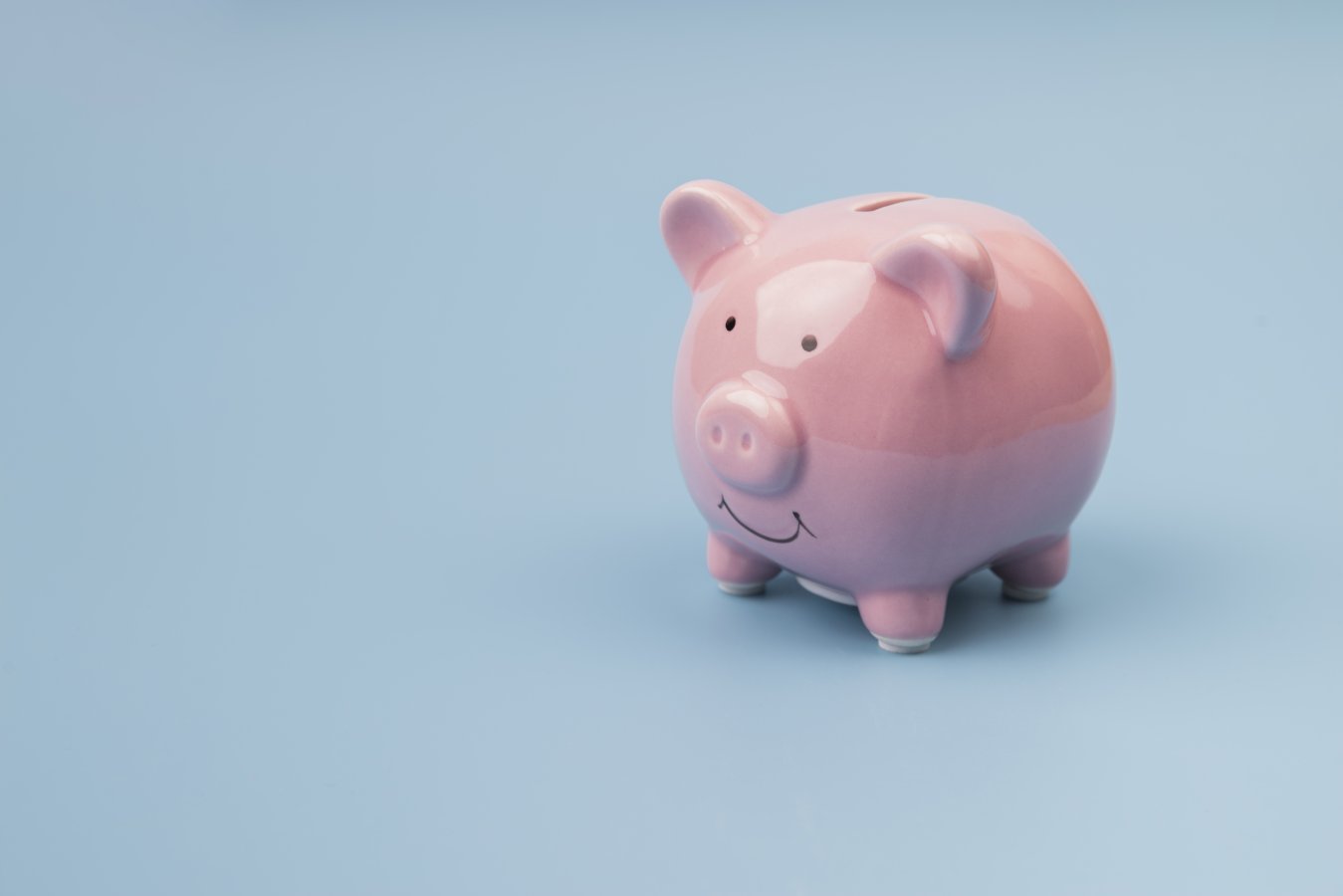
Studies by the British Water Quality Group show that water softening can save a 4-person household an average of £200 per year.
As well as saving on washing powder or detergent, you also save considerable amounts of money on all the other cleaning products used such as kitchen and bathroom cleaners, shower cleaners, scale removers and floor cleaners. Your boiler and heating system, plumbing, hot water cylinder, washing machine, dishwasher and water heater will all run more efficiently saving you on energy costs while the life expectancy of the appliances will be extended.

